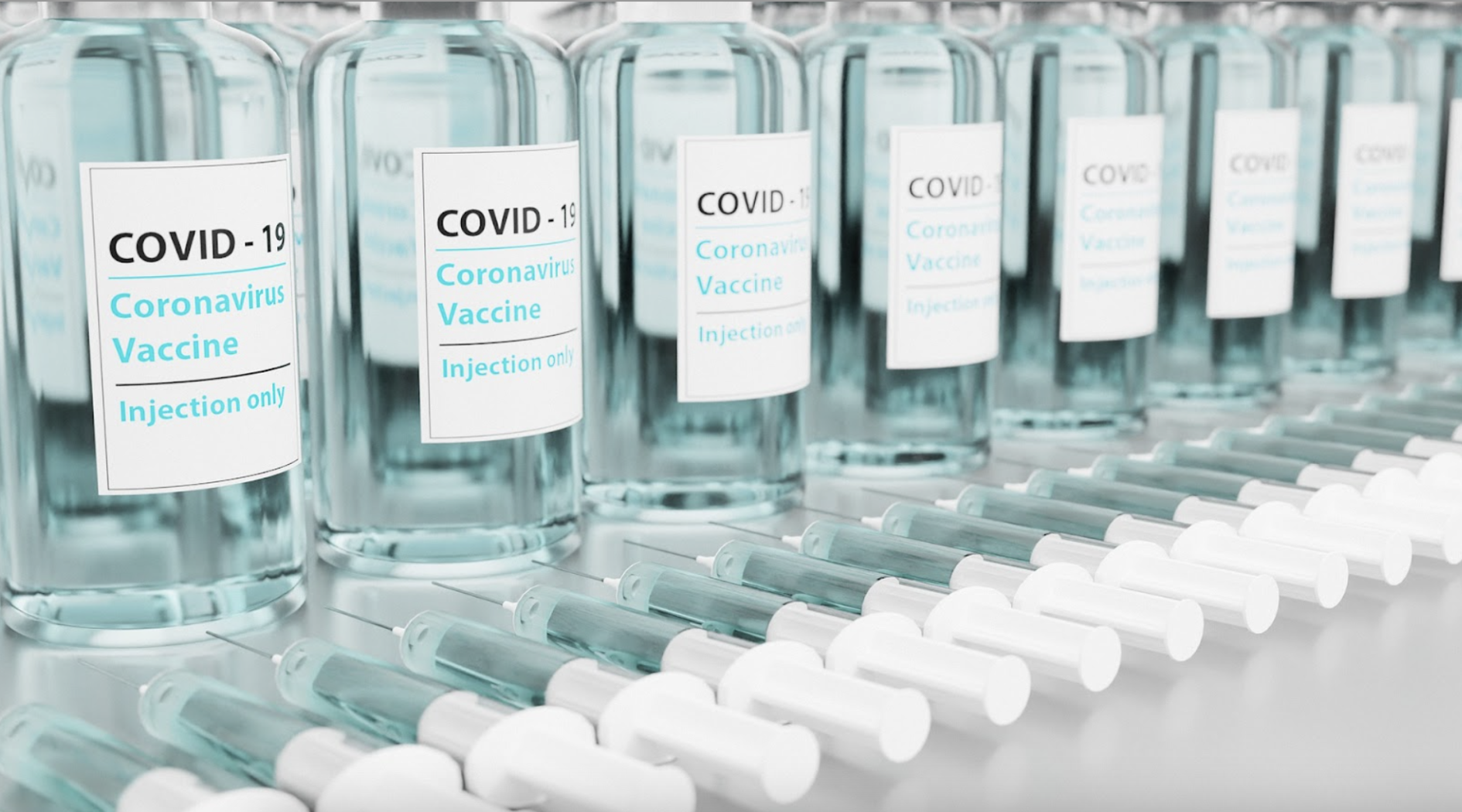
[ 객원 에디터 3기 / 장석현 기자 ] The UK Medicines and Healthcare Regulatory Agency recently approved a new COVID vaccine—Valneva—developed by the French pharmaceutical company Valneva for people aged 18 to 55. It is the first whole virus inactivated-vaccine approved by the MHRA, leading many experts to hope that it will serve as a safe alternative for many people resisting vaccination and increase immunity levels across developing regions.
An inactivated vaccine is when a virus is artificially grown on a tissue in a laboratory and chemically treated such that it cannot be activated when entering the human body. In this way, it will unable to replicate but still train the immune system to target and fight against viral particles. It is also treated with Adjuvants—chemicals that enhance immunal responses. This vaccine is unique in that instead of going through the traditional 3 phase trials for Covid-19 vacines, it has been approved based on “immuno-bridging data.” This means that it measures the immune markers—or the specific proteins that determine our ability to respond to harmful outside agents—to infer vaccine efficiency rather than observing the actual effects of reducing disease incidence through data collection, narrowing the approval period considerably.
The British government has decided to adopt different types of vaccines so that they will be able to attain a greater supply of vaccines and increase alternatives to better respond to unexpected shortages or outbreaks. Considering there is only relatively little information regarding the safety and side effects of the Covid-19 vaccines in peer-reviewed journals, Britain hopes to develop a wider pool of available options in the future as more information arises with time.
Currently, however, there are mixed reactions to the rise of the Omicron. As this vaccine was developed prior to the appearance of Omicron, some groups claim that it will not be as effective against the variant as existing mRNA vaccines that already underwent over ten variants. Others, however argue that the nature of virus-inactivated vaccines may allow it to perform even better; whereas most vaccines target the Spike protein attached to the cell, the Valneva vaccine generates immunity to the virus itself based on the ancestral coronavirus.
As a result, the Valneva vaccine is expected to operate effectively in low-income countries, as it can be stored at average refrigerator temperatures between 2 to 8 degrees (unlike the other mRNA vaccines that require much more delicate and colder systems). It is also very likely that many people who initially resisted vaccination will accept this, considering that this approach has been trialed for decades aagainst polio and influenza, just to name a few.
Sources: The BMJ, The Conservation, Biopharma Reporter, and Pharmaceutical Technology.





